Work-life-balance

Charlotte Koren: Has documented the value of care
“I’ve always strived to make women and children visible in the statistics,” says the economist.

“A woman’s international career seldom takes priority”
Even though more women researchers are coming from abroad than before, it is often more difficult for a woman to move her family to Norway, asserts researcher Ingvild Reymert.

The COVID-19 pandemic is taking a toll on academia
More than a year has passed since a virus pandemic shut down most of society, including the university and university college sector. Researchers with young children as well as teaching duties and research to conduct have been squeezed the hardest, according to recent research.
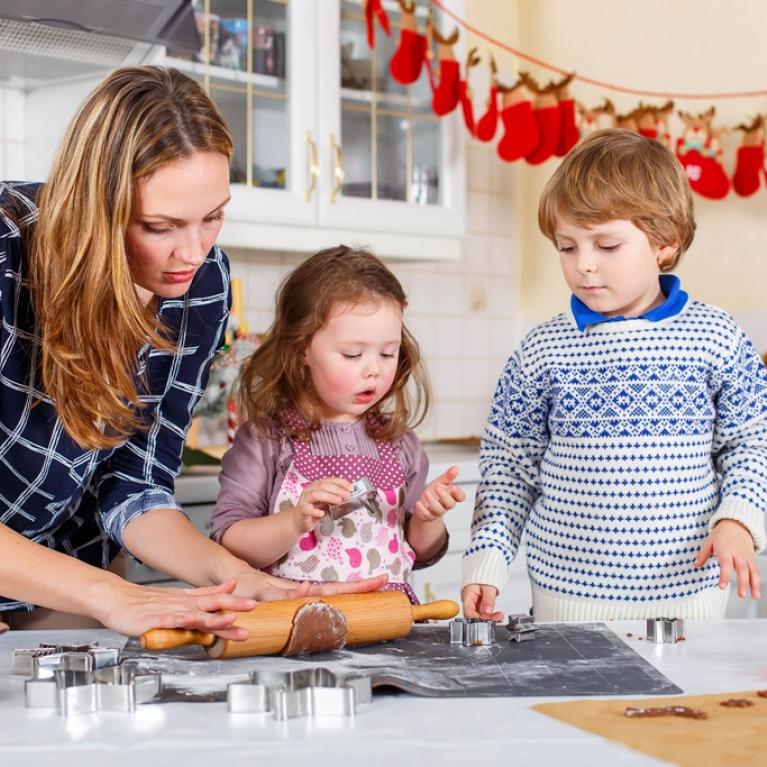
Mum takes more responsibility for the children, even in gender equal couples
The social and moral responsibility for the children lies primarily with the mother, particularly at celebrations and festive seasons, according to Kristine Warhuus Smeby.
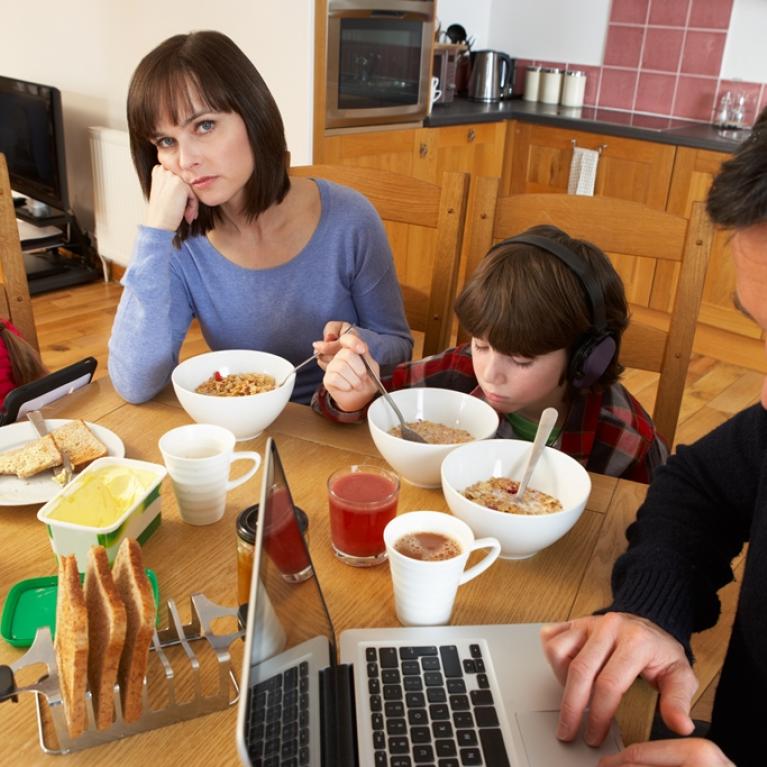
Dad becomes leader, mum becomes mum
A new study shows that the gender gap in management increases after couples have their first child.
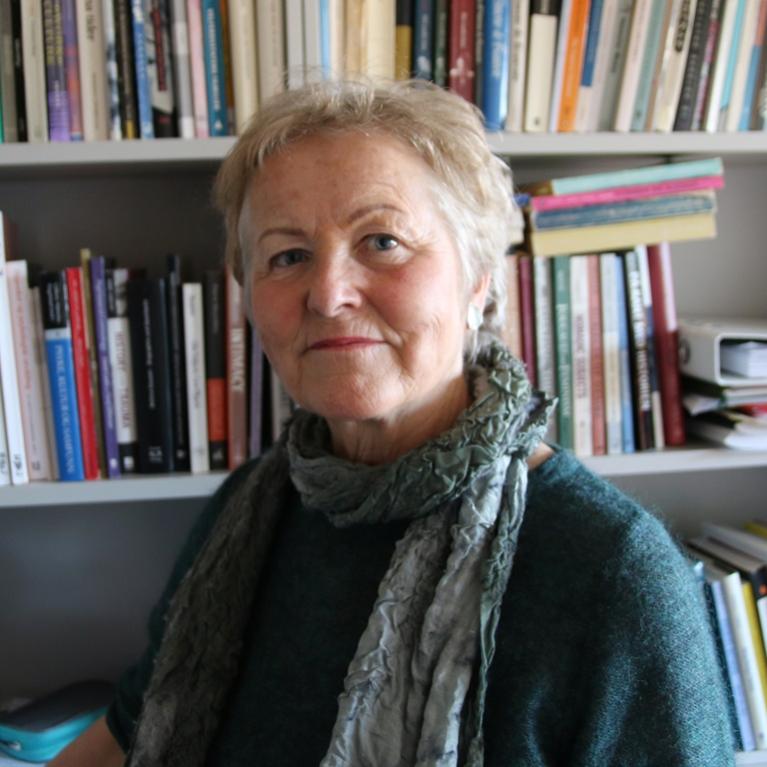
Feeling gender: from housewife to working mum
When Harriet Bjerrum Nielsen interviewed three generations of Norwegian women and men, she discovered how the emotional perception of gender has developed over time.

Researchers with children – a disadvantage in academia
Both male and female researchers with children struggle to combine career and family. The competition is coming more and more from international researchers who don’t have children or access to welfare benefits such as parental leave.
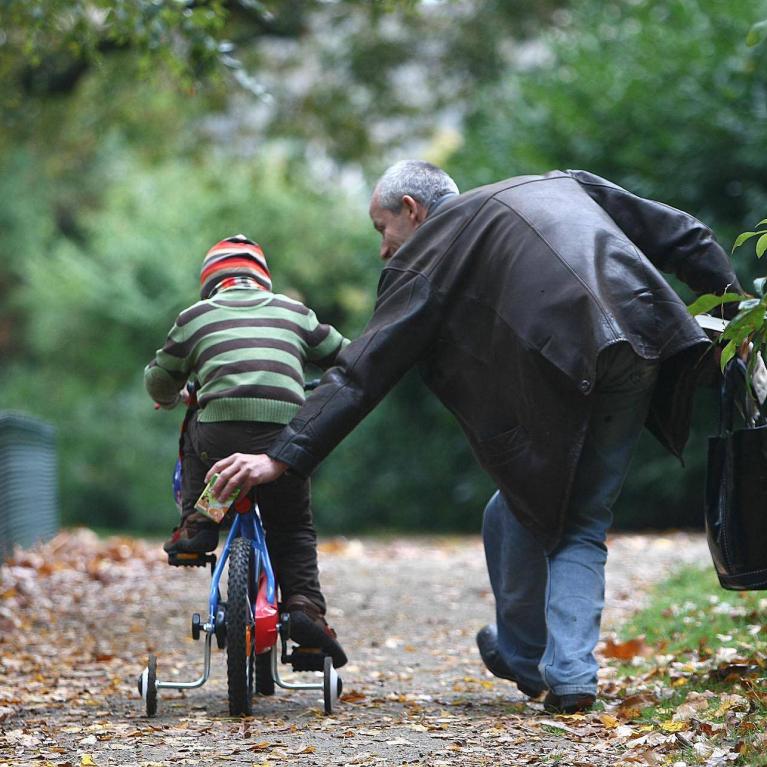
A successful work-life balance
Raising small children without stress, good health and a sense of fairness in the marriage – this is the experience of spouses in the 1970s who shared the responsibility of staying at home with the children while working part-time. Sociologist Margunn Bjørnholt has interviewed these couples 30 years later.
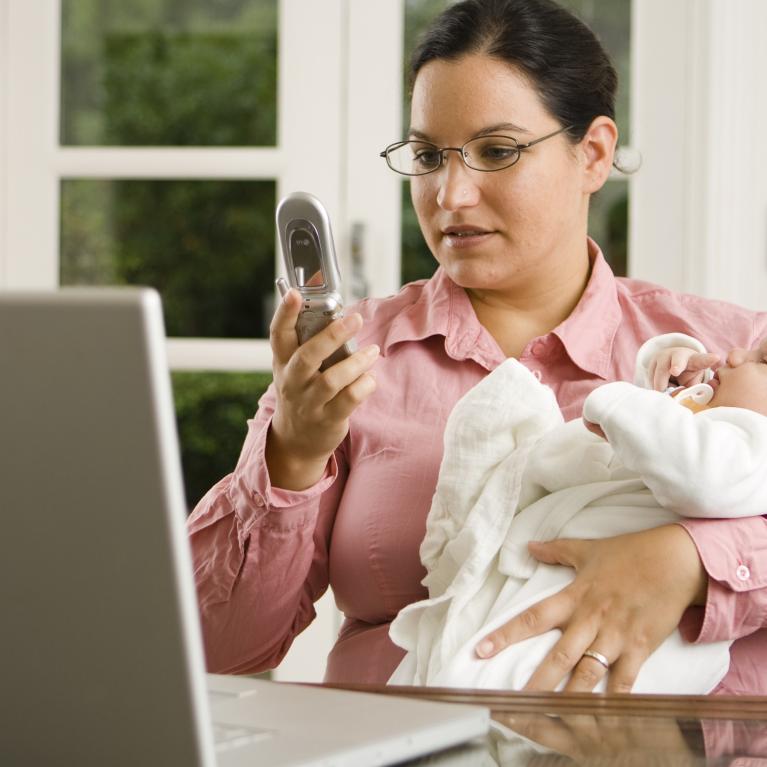
Happy despite work-family conflict
Notwithstanding the welfare state, employed mothers in Scandinavia experience just as much conflict between work and family life as mothers in Southern Europe, but the Scandinavian mothers are happier.

Greedy private life?
Malaysian IT employees are required to work until 5:30 pm every day, while their Norwegian colleagues often work a flexi-time schedule. So why is it the Norwegians who complain about a time crunch?

Dreams of a welfare state
Women in Southern Europe wish they could live under a Nordic-style welfare state so they could improve their lives as women. But the financial crisis has made their dreams less realistic than ever. This is according to John Eriksen, a researcher at the Norwegian Social Research Institute and the co-editor of a new book on women’s lives in Europe.

Short commutes enable women to work full time
In order to manage a full time job it is necessary for women to have short distances between home, work, kindergarten and the supermarket.
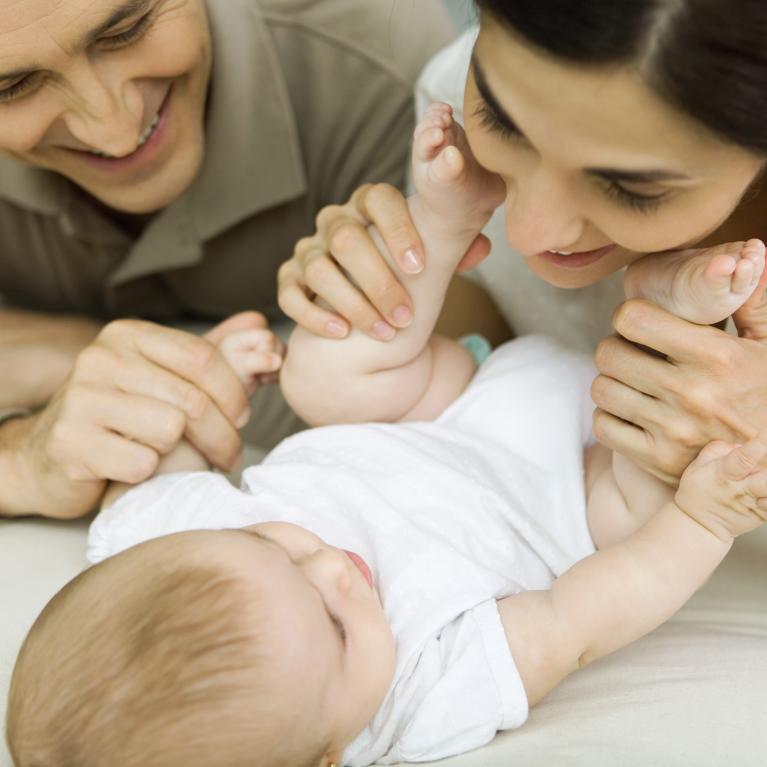
Why Norwegian birth rates are higher than in the rest of Europe
The Norwegian birth rate is higher than in the rest of Europe not only because they put their faith in the welfare state. They can’t imagine a good life without children.
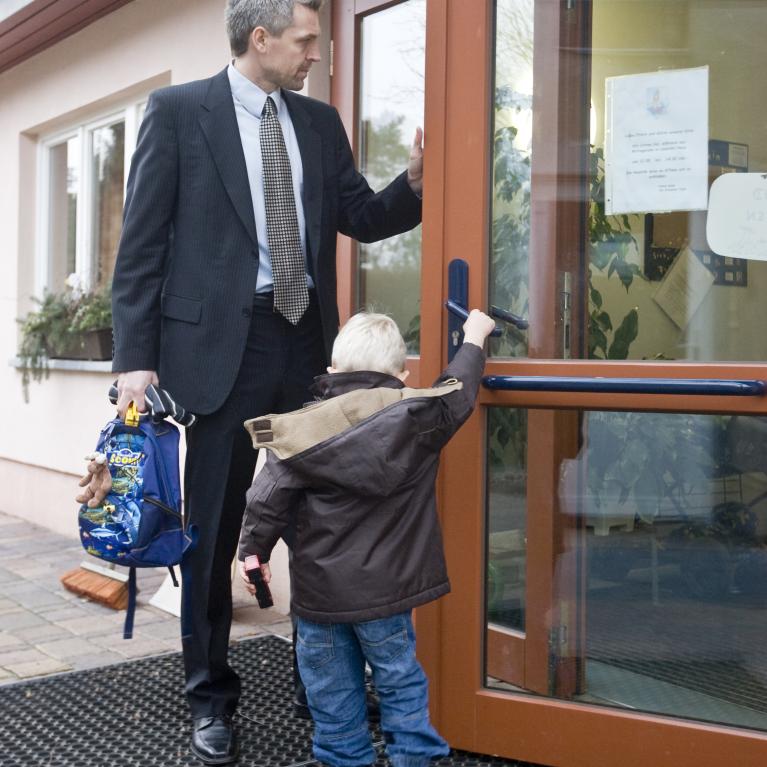
The man's full time job is not up for discussion
The modern man is a dad with a capital D, and he doesn’t mind cleaning the house every once in a while. But it is not his responsibility that mum has to work part time in order to make family life work.
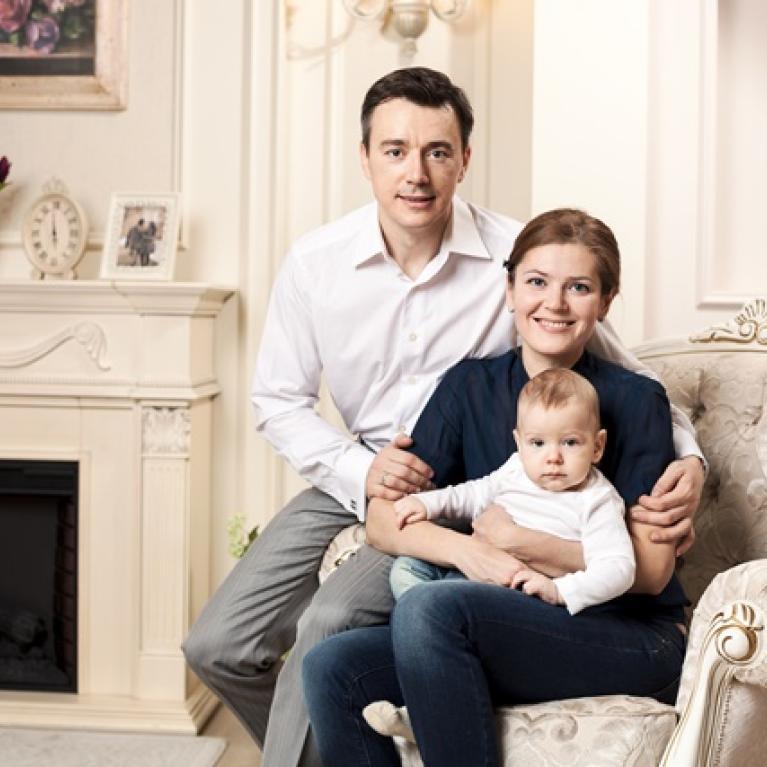
Rich stay-at-home mums produce the winners of tomorrow
They used to work in the financial services industry in London, but left their career and became fulltime mothers in Norway. Not because they need to look after house and husband, but in order to spend time with the children.
Publikasjoner
Forfatter(e):
Østerud, Kaja Larsen, Eia Elena Skjønsberg and Elena Albertini Früh
Publisert:
Forfatter(e):
Merkus, Susanne et. al
Publisert:
Forfatter(e):
Ellingsæter, Anne Lise
Publisert:
News Magazine
Our news magazine is an independent online newspaper and a member of the Norwegian Specialised Press Association Fagpressen.